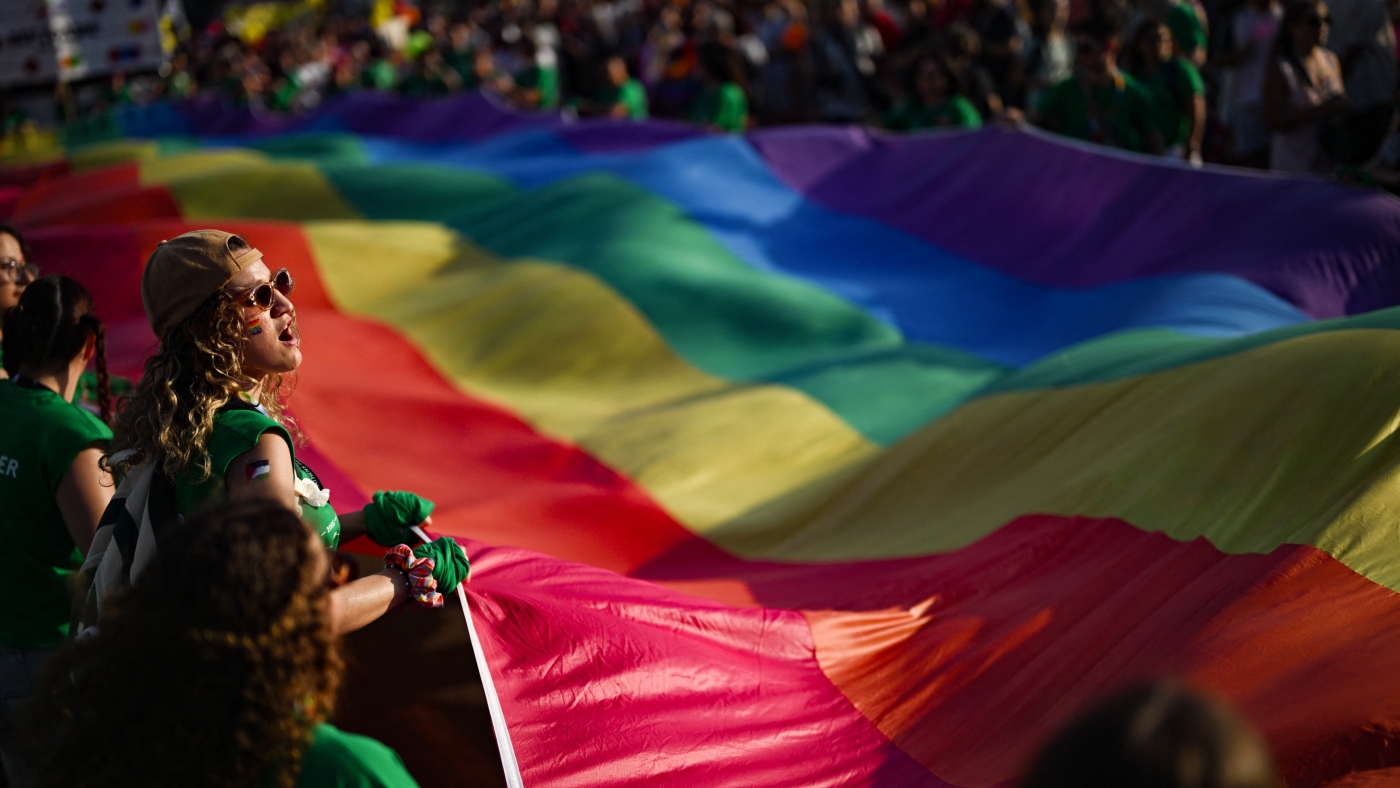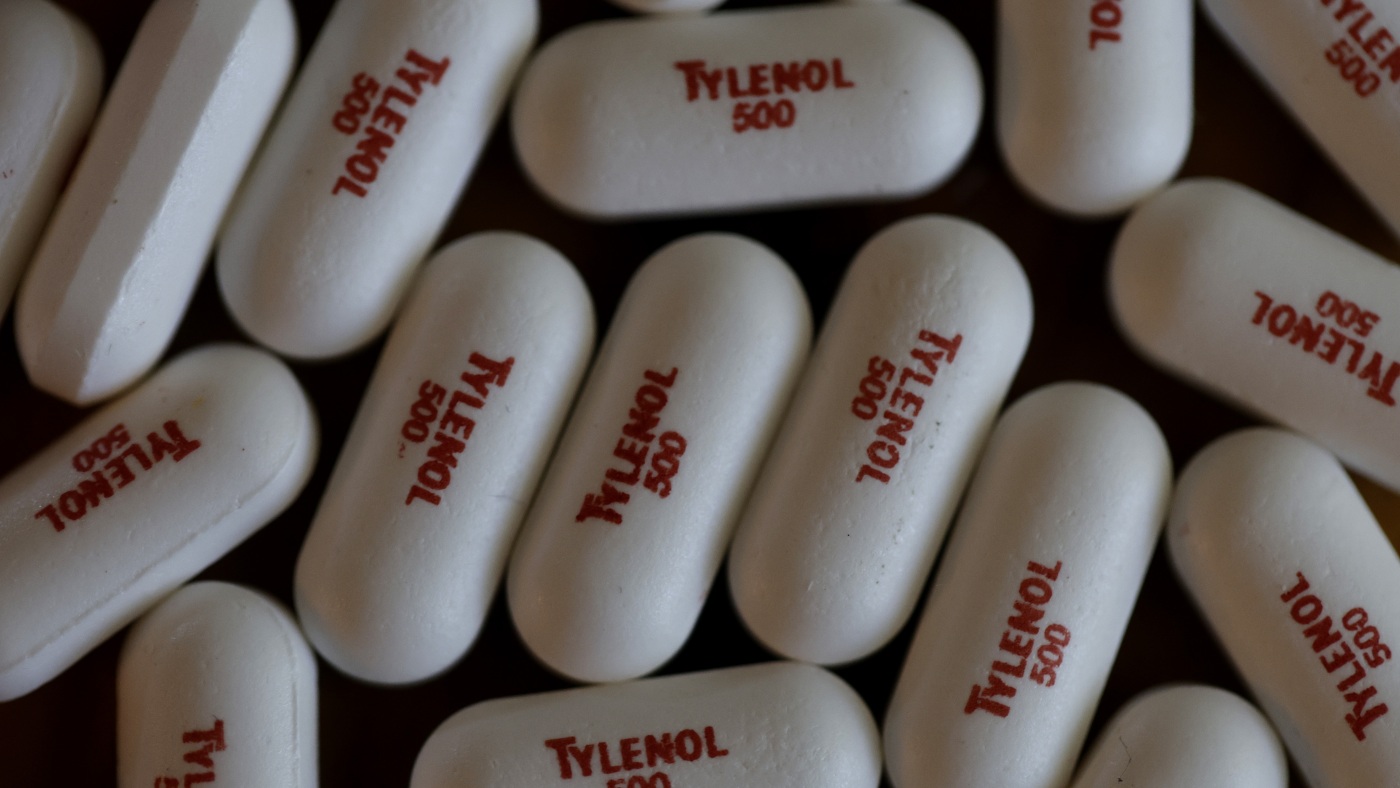Espresso is the most typical supply of caffeine for adults. On common, one 8-ounce cup of espresso has about 95 milligrams of caffeine. Caffeine can increase alertness, enhance focus, and even enhance athletic efficiency when consumed in average quantities.
The quantity of caffeine in espresso is determined by the sort, the way it’s made, and even the model. Right here’s the typical caffeine content material of common espresso drinks:
Brewed espresso: 94.3 milligrams (mg) per 8-ounce serving, or 113–247 mg in a 12-ounce servingEspresso: 62.8 mg per 1-ounce shotPrompt espresso: 62.4 mg per 8-ounce cupChilly brew: 153–238 mg per 12-ounce servingDecaf espresso: 2.4 mg per 8-ounce cup
As talked about above, many components can have an effect on the quantity of caffeine you get per cup, together with:
Diploma of roast: Mild roast coffees often have extra caffeine, whereas darkish roasts usually have bolder flavors.
Sort of espresso bean: There are a lot of kinds of espresso beans. Robusta beans have about 1.4 instances extra caffeine than Arabica beans.
Sort of espresso: Espresso, chilly brew, brewed espresso, prompt espresso, and decaf have totally different quantities of caffeine.
Origin: Standard espresso beans might have extra caffeine than natural espresso beans.
Water temperature: Decrease temperatures might cut back the quantity of caffeine extracted from the espresso grounds.
Espresso/water ratio: For those who use extra espresso grounds and fewer water, the drink shall be stronger and have extra caffeine per cup.
Serving dimension: Bigger servings, like 12- or 16-ounce espresso drinks, have extra whole caffeine than an ordinary 8-ounce cup.
Brewing time: Opposite to common perception, brewing time doesn’t appear to affect the overall quantity of caffeine in espresso.
Present pointers suggest not more than 400 milligrams of caffeine per day for many wholesome adults, which is about 4 8-ounce cups of brewed espresso. Consuming an excessive amount of caffeine could cause unintended effects like jitteriness, nervousness, hassle sleeping, or a quick heartbeat.
People who find themselves pregnant ought to restrict their consumption to lower than 200 milligrams per day, which is about one 12-ounce cup of espresso.
Critical unintended effects, together with seizures, can occur with giant doses (about 1,200 milligrams) of caffeine without delay.
Support Greater and Subscribe to view content
This is premium stuff. Subscribe to read the entire article.

:max_bytes(150000):strip_icc()/Health-GettyImages-1422211708-8c56a0f4fa574905bb7b074906a384f7.jpg?w=750&resize=750,536&ssl=1)
:max_bytes(150000):strip_icc()/Health-GettyImages-1474756989-1a8b203e0fce46678ce304b6e1abe07f.jpg?ssl=1)
:max_bytes(150000):strip_icc()/Health-GettyImages-1364004482-37ca4377857444c1bbf2703a97a7d55a.jpg?ssl=1)
:max_bytes(150000):strip_icc()/Health-GettyImages-1758286830-76e693b077a54c91abedec9813435bfa.jpg?ssl=1)
:max_bytes(150000):strip_icc()/Health-GettyImages-1314187202-2648e8c7729e4f52953e97441243d3ca.jpg?ssl=1)
:max_bytes(150000):strip_icc()/Health-quiz-badge-Hair-Type-90b59897d2d14ea68c36ec904d4cd220.jpg?ssl=1)







